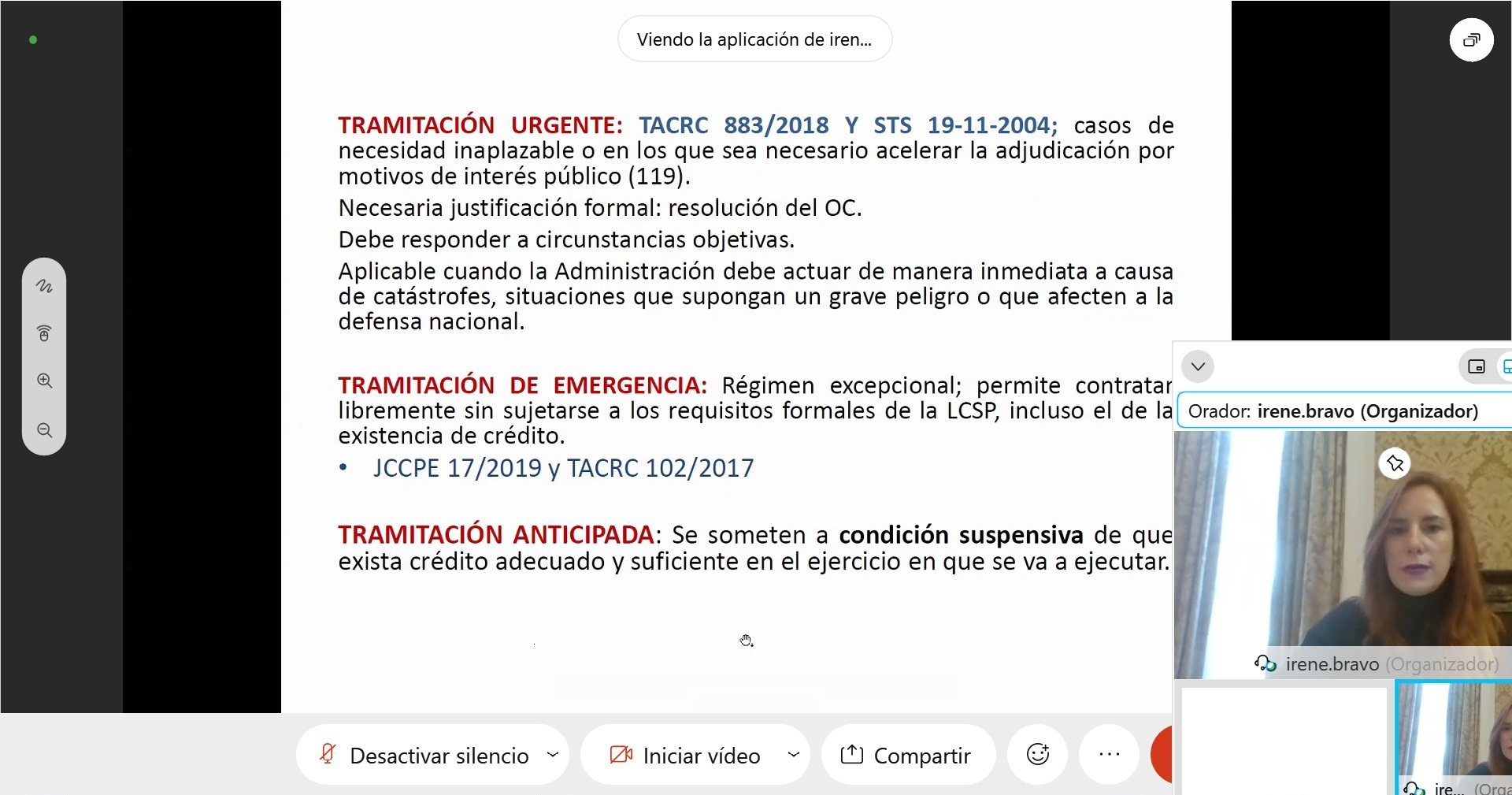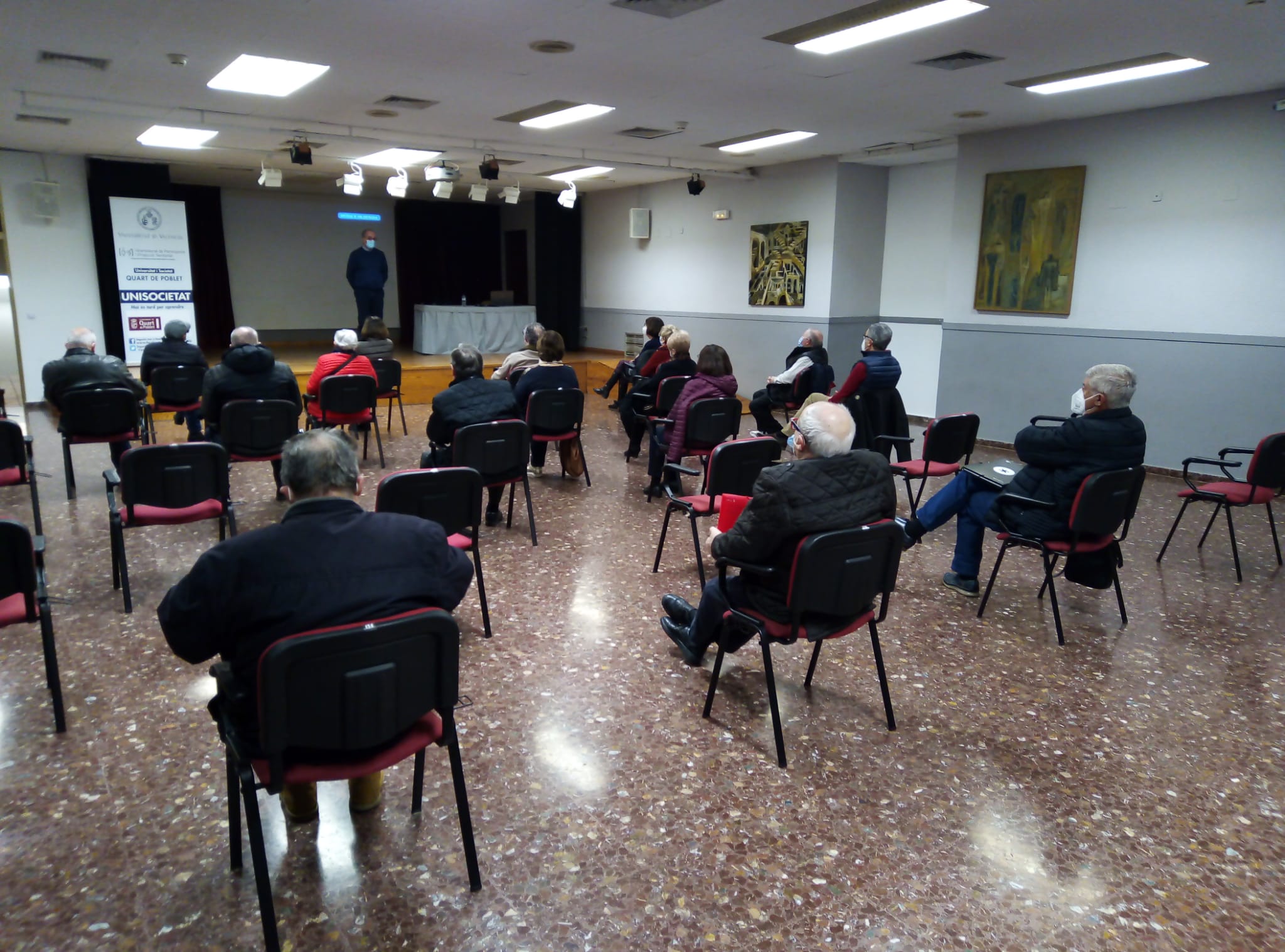The Valencian Antifraud Agency held on November 17, 19, 24 and 26, 2020 the 3rd edition of the course on “Integrity and prevention in public procurement in the Valencian Community” in collaboration with the Valencian Institute of Public Administration (IVAP)
The course lasted 20 hours and 22 public employees with functions in the field of public procurement of the Generalitat Valenciana participated in it. The objective of the course is to offer specialized training in prevention and integrity to reduce the risks of corruption in public procurement.
The inauguration held on the 17th was led by the deputy director of the IVAP, Maria Gracia Mateu, and the director of the AVAF, Joan Llinares. Then the Director of Legal Affairs of the Agency, Teresa Clemente, explained the structure and functions of the Valencian Anti-Fraud Agency.
On the 19th day, the Director of Prevention, Training and Documentation, Sílvia Vèrnia, referred to the regulatory framework on prevention and integrity in public procurement after having previously screened the documentary “Corruption: harmful agent. Four years later”.
In the November 24 session, the head of the AVAF prevention service, Irene Bravo, addressed integrity in the management of public procurement from the before, during and after the contract. For his part, Miguel Andrés Furió, head of the analysis and investigation service, showed practical examples of malpractice in public contracting.
On the last day, the Professor of Criminal Law at the University of the Basque Country, Norberto Javier de la Mata, offered a vision of the different criminal behaviors in relation to public procurement.
This course is included in the 2020 Training Plan that IVAP offers to public employees at the service of the Generalitat Valenciana and in this year’s edition it has been carried out through the IVAP virtual platform.





